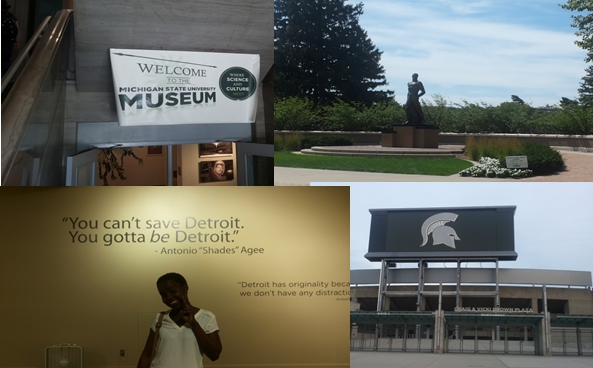by Nessia Fausta
1. The Candidates
I was a bit surprising when I realized that I have been in Maputo for a month. What have I obtained in a month? Have I met some ideas and willingness from other parties worth fighting for? For the whole first month I took my time investigating the construction companies; their locations, their monthly water consumption, their source of water and their future plans. At the end of my interviews, I always proposed to them for being our partners to build the pilot project of wastewater treatment plant for concrete production. Does it seem like I am searching for a spouse? It is analogically similar. I looked for their locations, asked them for a speed date, talked about their current conditions and finally showed them my intention by saying, “Will you ‘marry’ me?” Haha. Thus, perhaps it is the time for me to prepare the “lobolo”. Based on the information from my new friends here, lobolo is the term of traditional marriage proposal for the people in Southern Mozambique. In this event, the family of the groom should give some valuable gifts for the family of the bride. It usually includes a set of clothes, kapulanas (traditional cloth, usually used as a skirt or a headscarf), crops, cattle, some amount of money as a symbol of the gratitude for the bride’s parents for giving birth, educate and taking care of her, and some additional requirements which have been listed by the family of the bride. The event continues to a very big party, where people dance and celebrate the union of the couple. Continue reading →

